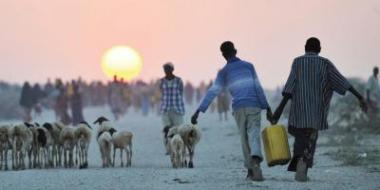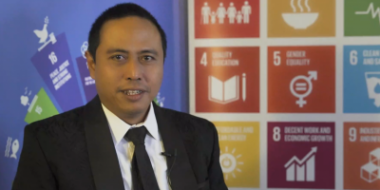Towards an Effective Court Decision Enforcement System in Indonesia
An ineffective court decision enforcement system in Indonesia leaves many who win their court case behind disappointed, as verdicts are not properly enforced. Hearings are often delayed, existing mechanisms are still based on Dutch law from 1848, and Indonesia’s Supreme Court’s internal regulations are not sufficient enough to ensure that court decisions are implemented effectively. The government has identified court decisions enforcement as one of the factors preventing effective judicial dispute resolution, particularly impacting business contracts.










